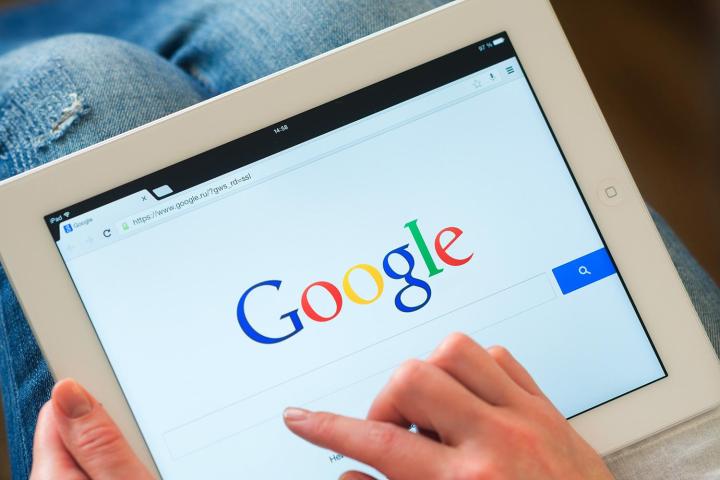
Last month, the French regulatory group CNIL told Google that whenever search results and links were removed, they needed t be removed “on all extensions of the search engine and that the service provided by Google search.” This means that not only would these listings become unsearchable in France and Europe, but also across the world at large. But Google balked at the idea, saying, “We’ve been working hard to strike the right balance in implementing the European court’s ruling, cooperating closely with data protection authorities. The ruling focused on services directed to European users, and that’s the approach we are taking in complying with it.”
Now, in a new blog post, Google is reasserting its refusal to comply with CNIL’s request, saying that such measures would be “disproportionate and unnecessary.” According to Peter Fleischer, Google’s global privacy counsel, “The overwhelming majority of French internet users — currently around 97 percent — access a European version of Google’s search engine like google.fr, rather than Google.com or any other version of Google. As a matter of principle, therefore, we respectfully disagree with the CNIL’s assertion of global authority on this issue and we have asked the CNIL to withdraw its formal notice.”
According to Google, allowing CNIL to have its way would reflect a “troubling development that risks serious chilling effects on the Web.” But France has also remained firm on its insistence for privacy. As a CNIL spokeswoman told The Wall Street Journal, “We have noted Google’s arguments, which are in part political. The CNIL for its part has relied only on legal reasoning. There is no effectiveness if the right is applied only in Europe.”
Depending on the ultimate ruling, which may take another few months to be reached, should Google be found guilty, they may be fined up to $165,000. But it won’t be the money that is the real issue — it’ll be the implications for privacy, or lack thereof, moving forward.
Editors' Recommendations
- Watch out: Google Drive may have lost months of data
- You can now try out Google’s Bard, the rival to ChatGPT
- Here’s why you need to update your Google Chrome right now
- Google Docs will auto-generate TL;DR summaries for you
- Are you immortalized on Google Street View? It’s easy to find out


